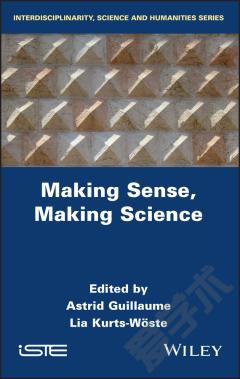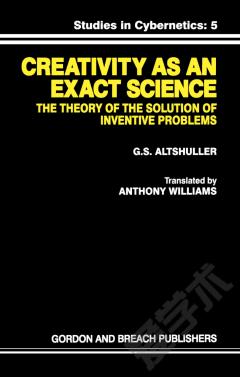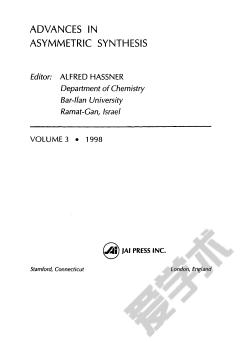Making Sense, Making Science
This book demonstrates the federative power of the methodology of the sciences of culture by exploiting its critical, historical, and comparative principles to address both cultural objects and disciplines that report on them. Scientific activity is rethought in its dimension of interpretative act responsible for both the human and the non-human. This book fills a gap by reconnecting in an innovative and original way the scientific, artistic and ethico-political spheres.
{{comment.content}}








 京公网安备 11010802027623号
京公网安备 11010802027623号